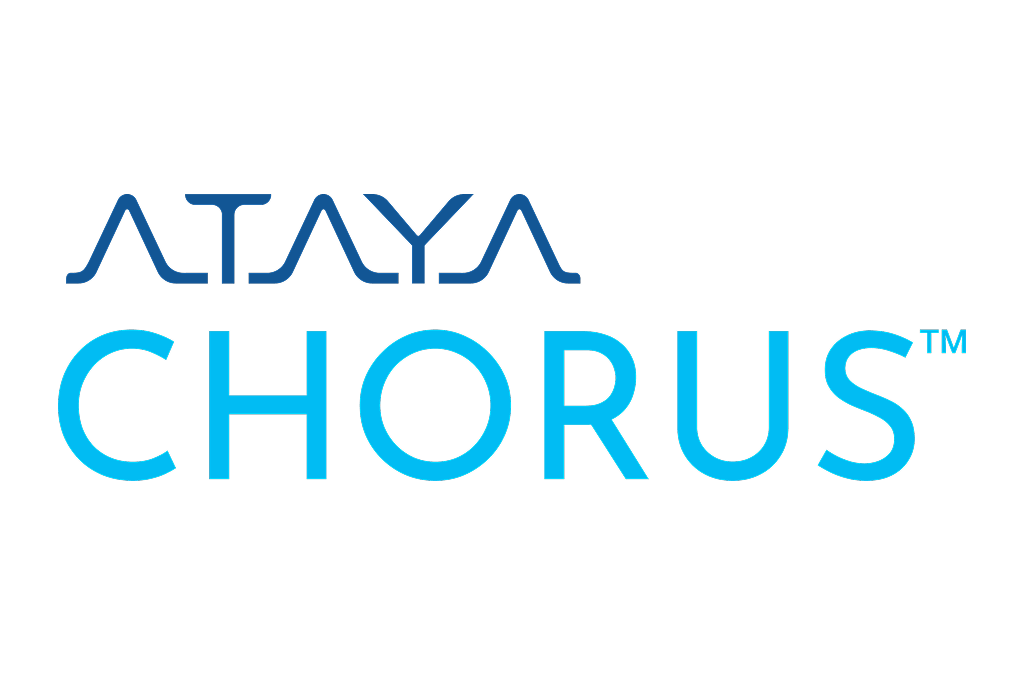Because Private 5G must be simpler than what it is today
In the ever-evolving landscape of telecommunications, Private 5G solutions offer a new way for enterprises to address needs for mission-critical applications requiring reliable consistent connectivity. Just like other connectivity choices, Private 5G offers its own set of cost-benefit tradeoffs across reliable coverage, latency, throughput, client density, and other performance aspects.
The demand for and adoption of private 5G networks depends not only on the pull of its technology trade-offs but also on the simplicity of products and solutions the industry can offer. Just as beauty lies in the eyes of the beholder, Simplicity has to be measured from the perspective of the target customer segment. Current solutions do not offer the simplification relative to legacy 4G/5G telco systems, which is insufficient.
Several market players have made claims to simplify 5G deployments by offering “turnkey” solutions and “plug-and-play network” deployment, but they just do not go far enough, especially from the perspective of small and mid-sized deployments. Instead, sometimes, they replace one problem with another. For example, they move network functions to the cloud for simplification but then create latency and security issues as enterprise data has to be shuttled back and forth from cloud to enterprise location. In other cases, they require IT or RF planning expertise as a prerequisite, thereby losing their customers before they even generate interest.
After surveying the existing solutions, we noticed current industry solutions exhibit one or more of the following shortcomings. These shortcomings make them unfit for rapid 5G deployment, especially in small to medium size 5G networks.
Complex Installation Instructions:
Installation instructions that require setting up IP addresses, VLANs, subnets, and NATs for client and/or 5G core and RAN configuration are too complex. Small to medium-sized businesses often lack dedicated IT personnel to navigate these tasks. It is an overkill for a small factory that only needs to connect a few CPEs or a parking garage looking to wirelessly connect a few cameras at its entry and exit points.
Additional Hardware Required:
Often, the physical infrastructure at the deployment site must be upgraded, or new equipment must be installed, including base stations, antennas, servers, and switches. It is not just about the cost of additional hardware but the additional work, complexity needed to run optical cables, and possibly require an air-conditioned room to house the equipment. That adds months or even years to the plan.
Ongoing Technical Support Demands:
Private 5G networks often require specialized technical expertise for ongoing monitoring management. While some solutions simplify the initial deployment, they don’t provide MSPs (or managed service providers) a way to efficiently manage multiple small networks. Often, MSPs end up having to invest their resources in validating private 5G solutions and building the network monitoring platform relying on vendor APIs, which takes MSP resources away from services and revenue generating activities. Because MSPs can’t adequately service Private 5G networks, that further limits adoptions by small-to-mid-sized deployments.
High Capital and Operational Expenses:
Deployment of 5G networks frequently necessitates upgrading physical infrastructure or installing new equipment like base stations, antennas, servers, switches, and fiber optic cables. Such hardware enhancements are essential for 5G connectivity but can prolong deployment timelines significantly, ranging from days to years. The substantial costs involved in procuring the necessary infrastructure and equipment make the adoption of Private 5G networks a financially daunting prospect for smaller businesses.
Challenges for MSPs in Offering Managed Private 5G Services:
Current solutions for managed Private 5G services often lack in essential features, making it challenging for MSPs to offer these services efficiently. A critical need for MSPs is a comprehensive platform that streamlines the onboarding of new customers alongside capabilities for easy monitoring and troubleshooting of customer issues through a unified interface. However, MSPs frequently find themselves compelled to allocate their resources towards testing and validating these private 5G solutions. This diversion of resources can significantly impact their ability to focus on service provision and activities that generate revenue.
Chorus 5G AP addresses these complexities and challenges by eliminating deployment complexity, additional hardware requirements, and costs. Chorus 5G AP comes with a ready-to- use cloud platform that allows MSPs to onboard customers quickly and eliminate as many operational burdens as possible. MSP can easily add Chorus 5G AP to their new and existing customer’s networks. Once the Chorus 5G AP is powered up, it can instantly light a 5G network in a parking garage, small factory, warehouse, construction site, and so on. Customers can keep adding new Chorus APs to expand their 5G network, and the Chorus platform scales organically, adapting to and discovering changes in customer networks. Chorus 5G AP offers the industry’s highest level of simplicity and lowest upfront and ongoing cost, hence the perfect solution for MSPs looking to deploy 5G networks quickly and efficiently without any hassle.
Benefits and Features
Zero Touch Deployment:
Zero Touch Deployment revolutionizes the implementation of 5G Access Points by simplifying the process to an unprecedented level. In this innovative approach, the 5G APs require a power source and an Ethernet connection to function seamlessly. The concept eliminates the need for intricate manual configurations or extensive technical expertise, allowing for an effortless and automated deployment experience.
Ready to Ship:
The Chorus AP is a top-quality, highly compatible 5G product that epitomizes efficiency and user-friendliness. With a commitment to delivering exceptional performance, the Chorus AP is ready to ship and works straight out of the box, ensuring a hassle-free experience for users.
Simplicity and Scalability:
Chorus is easy to deploy, manage, and upgrade, integrating seamlessly with an existing network. The simplicity of Chorus is proven by its ability to auto- configure itself when connected to power and the internet. Chorus can cater to diverse deployments, like a retail store initiating operations with a single 5G node and expanding gradually. Chorus’s scalability is designed to accommodate a myriad of small sites, providing flexibility for growth and adaptability to evolving network needs.
Multi-Tenancy for MSP Enablement:
Chorus opens the way for MSPs to enter the Private 5G market by completely eliminating the need for system integration, on-premise monitoring, and remote management of multiple networks. Chorus provides a ready-to-use platform that can be integrated into the MSP Network Operations Center to remotely monitor and service customer networks.
Cloud Management with Local Traffic Breakout:
Chorus AP offers an on-premise data traffic hosting, granting enterprises direct control over their traffic. This approach differs from cloud-hosted private networks like AWS Private 5G, as it avoids transporting enterprise traffic to a public cloud. As a result, data remains private, and the cost of Wide Area Network (WAN) links is minimized. Handling local traffic on-site also ensures reduced latency and enhanced throughput. Consequently, Chorus AP effectively meets the quality of service demands for applications that are time-sensitive and require high throughput.
Low Cost:
Chorus provides efficient and effective results by prioritizing simplicity, streamlined process, and affordability. Chorus is a low-cost 5G solution tailored for small industries; it leverages cloud-based management tools to enable strategic monitoring and maintenance, reducing the need for extensive on-site technical support.
Use Cases
Chorus focuses on small to medium deployments. Available in both indoor and outdoor variants, this versatile AP supports global 5G bands, including n48, n78, and n79, facilitating the establishment of private networks on a global scale. Tailored for enterprise and industrial use, the Chorus AP caters to various use cases such as parking garages, gas stations, agriculture, and retail shops. Chorus connects and monitors various devices, including sensors, cameras, Automated Guided Vehicles (AGVs), robots, and drones. Chorus provides a comprehensive solution for small businesses and industries seeking efficient and reliable wireless connectivity for their diverse operational needs.



